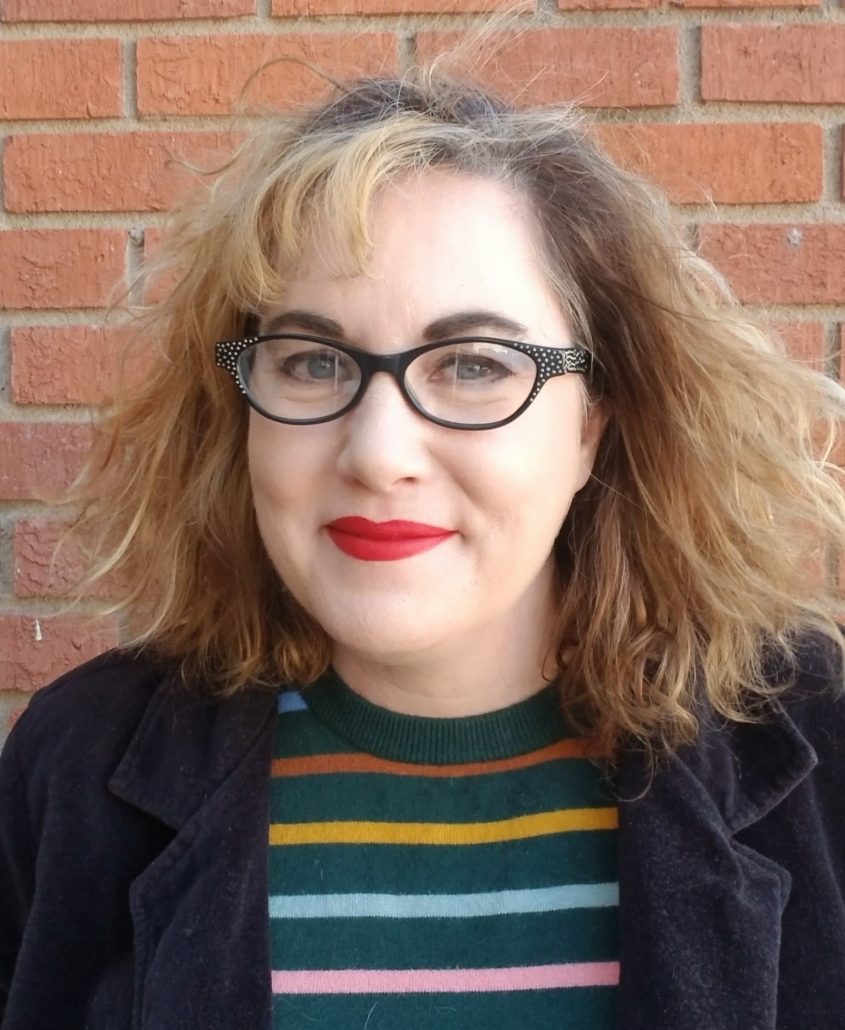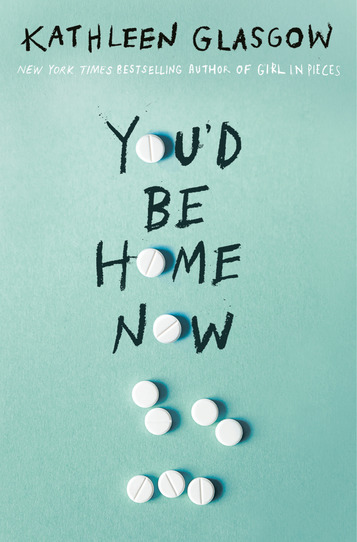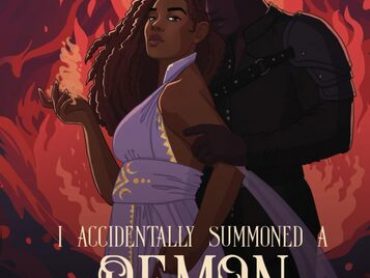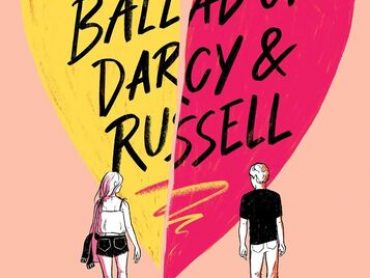Kathleen Glasgow is the author of You’d Be Home Now. You’d Be Home Now follows Emory’s coming of age story. The novel explores the opioid crisis, unemployment, economic disparity, and more. YEM was able to speak with Kathleen about why she decided to write about substance abuse, where she is the most productive when she writes, and what it is like to write the character of Emmy.
Young Entertainment Mag: When was the first moment when you realized you wanted to be a writer?
Kathleen Glasgow: I have always wanted to be a writer! Ever since I learned to read and discovered worlds within pages, that’s where I wanted to be. I wanted to make those worlds happen! Honestly, writing has always been my *thing.* I don’t know what I’d do if I could write.
YEM: Your book You’d Be Home Now deals with substance abuse, what made you decide to write about this subject?
Kathleen: I am in recovery and the issue of addiction, and how we treat people struggling with addiction in our society, is very important to me. I also wanted to think about the people around the person struggling: the family members, classmates, community members. They struggle, too.
YEM: How much research went into substance abuse before you started writing?
Kathleen: I read blogs by those in recovery, researched statistics on opioid abuse, and re-read my own recovery journals, particularly so that I render Joey’s thoughts and feelings about what he was going through.
YEM: Was it difficult to write the emotional parts of the book?
Kathleen: Of course! As a writer, you know before your characters do what may happen to them and it hurts to put them through that process. Joey was difficult to write, because I knew where he would be at the end of the novel, but he didn’t.
YEM: What is something you would like your readers to have learned from You’d Be Home Now?
Kathleen: I think I’d like readers to come away with a better understanding of what addiction means. It’s not a faceless disease. It’s people you know, sometimes even in your own house. And if you are a person watching someone struggle with addiction, your mental health is going to suffer, and you deserve care, too.
YEM: Do you have any advice for people who want to become writers?
Kathleen: I know it’s a cliche, but just…write. Find your space and time and sit down and write that story burning inside you. Read as much as you can to learn story structure, narrative, emotional beats. I think that people are often afraid to call themselves writers unless they have published something, but that’s simply not true. If you are writing, you are a writer. Claim it! Art is your space and I want you to own it.

YEM: Who are some of your writing inspirations?
Kathleen: Books by Laurie Halse Anderson, particularly “Speak,” were influential to me in that they showed me that writing about difficult/painful issues could also be an act of advocacy and defiance. The things Anderson writes about are things that need to be discussed and putting those stories on the page are ways to advocate for change and give voice to those who perhaps don’t know how to articulate what they’ve experienced in real life. I’m also inspired by *how* writers…write. Once I read an interview with Colm Toibin where he talked about deliberately writing in an uncomfortable chair so he could concentrate. “Comfort is not one of the things you need,” he said, to write. I’ve never forgotten this. Perhaps I am more inspired by the ways in which people write, like on phones on buses or trains (how do they do this??) or longhand or intricate plot sheets.
YEM: Where and when do you find yourself most productive when it comes to writing?
Kathleen: I’m most productive when I have a deadline and when I have discovered the song that drives that particular novel. Once I find a song that matches the story I have, I’m off and running.
YEM: What was it like for you to write the character of Emmy?
Kathleen: Emmy was difficult to write because she’s very interior; she hasn’t found her voice yet. But she was a joy to write, too, because she finds herself, and her words, by the end of the book.
YEM: Is there someone who always reads your work before anyone else?
Kathleen: When I’m drafting, it’s just me until I reach 300 pages. I started out thinking I might be a poet, so being free to write what I need to in the early stages is important to me. I don’t like to think about chapters, or even plot, really. I just like to see what happens, and then I’ll revise and send to my editor, who will then say, “Oh, dear, you went off the rails a bit, let’s pull back here and here and open this up,” and that is why I love my editor.
YEM: What does your writing process look like?
Kathleen: It starts as an idea that I’ll think about for a very long time. I take notes in a composition book, but I don’t outline. It’s just random ideas or thoughts or scenes. Then, hopefully when I find the song that the novel needs, I listen to that over and over before I sit down everyday to work on a book. It’s weird, I know, but it’s the way I work. I’m not much of a plotter, I’m pantser.
YEM: What is your favorite part of writing books?
Kathleen: When my editor says, “Okay, we’re done now.” Just kidding. My favorite part of writing books is when the story suddenly begins to drive itself; its developed its own beating heart. Then I move over to the passenger seat and let the characters take the wheel. They know where they are going. I’m just along for the ride.




